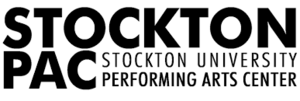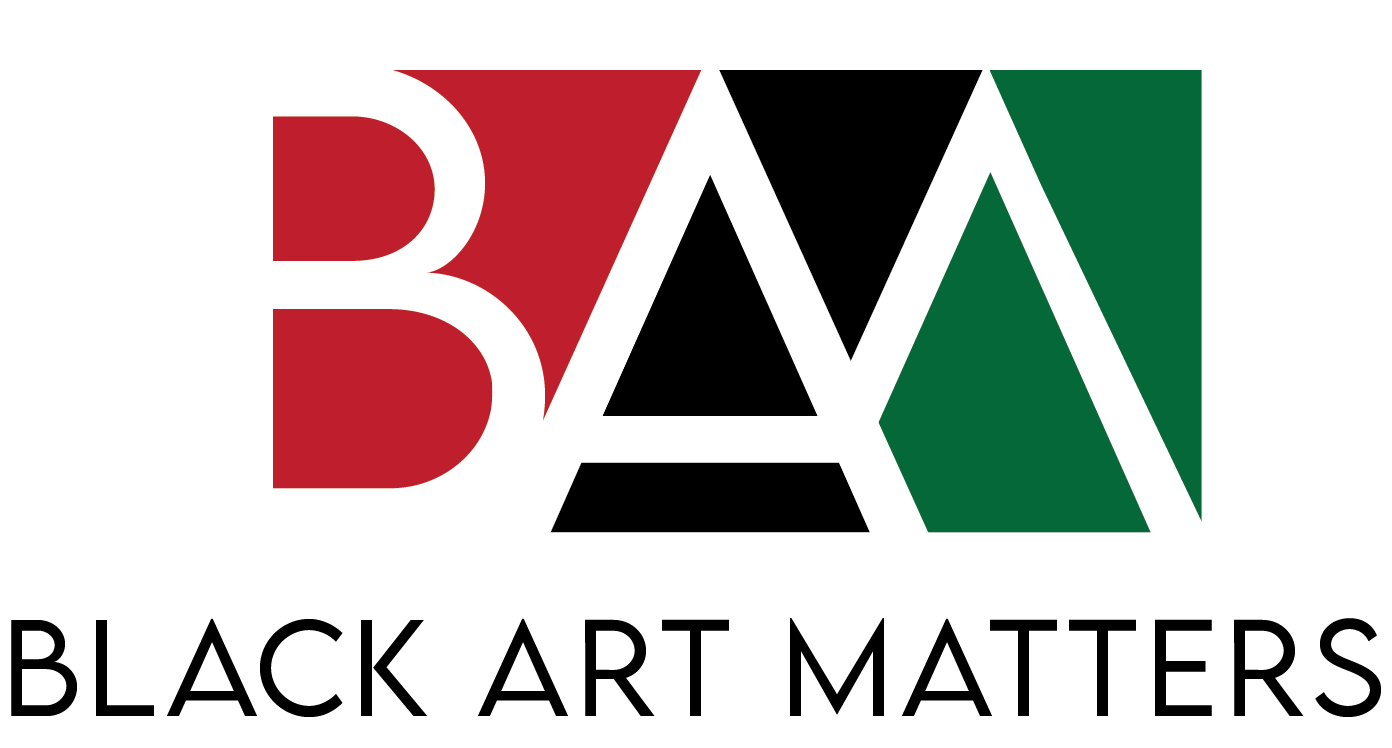Max de Esteban
Barcelona, Spain
About the Artist
Max de Esteban is an artist working mostly in photography and video whose work is best known for his examination of the human condition under a technological regime. His projects have been exhibited at museums and institutions including Museum of Fine Arts Houston, Jeu de Paume in Paris, NRW-Forum in Dusseldorf, Germany Technik Museum in Berlin, Virreina in Barcelona, CGAC in Santiago de Compostela, Staatliche Museen zu Berlin and Palais de Tokyo in Paris. Max participated in the Yokohama Triennial (2020); XIII Cairo Biennial (2019); XIII Bienal de la Habana (2019); and XVI Fotofest Biennial (2016).
His work has been the subject of four monographs: Twenty Red Lights (Virreina/La Fábrica); Propositions (La Fábrica); Heads will Roll (Hatje Cantz) and Elegies of Manumission (Nazraeli Press) and is part of museums’ collections such as Staatliche Museen zu Berlin, Museu de Arte Moderna do Rio de Janeiro, CGAC in Santiago de Compostela, Germany Technik Museum in Berlin and Museum of Fine Arts Houston. Max is a Fulbright alumnus and received a Ph.D. in Economics and Business from University Ramon Lull, an MBA from Stanford University and a B.S. in Engineering from University Politecnica de Catalunya.
Statement About “20 Red Lights”
Since 2016 de Esteban has been working on a long-term research project on the infrastructures of contemporaneity. As the 20th century cannot be understood without the infrastructures that made it possible, the research aspires to survey the key infrastructures that will define the 21st century and unveil their ideological nature.
The first work of this long-term project is 20 RED LIGHTS (2017), which analyzes Financial Capitalism as the dominant contemporary infrastructure for the allocation of economic resources. The full project includes a video and three series of twenty photographs each. The video consists of interviews with four Wall Street executives. Their arguments touch upon meritocracy and self-realization, the benefits of financial deregulation, the social value of financial intermediation, and inequality. The executives’ arguments are, from their particular logic, irrefutable. Once we enter the universe of their language game, everything makes sense. The interviewees are ideological products and at the same time, sophisticated ideology reproducers. The visuality of the video is both striking and familiar. It shows the delirium of the new digital imagination that prevents distance and critical perspective.












